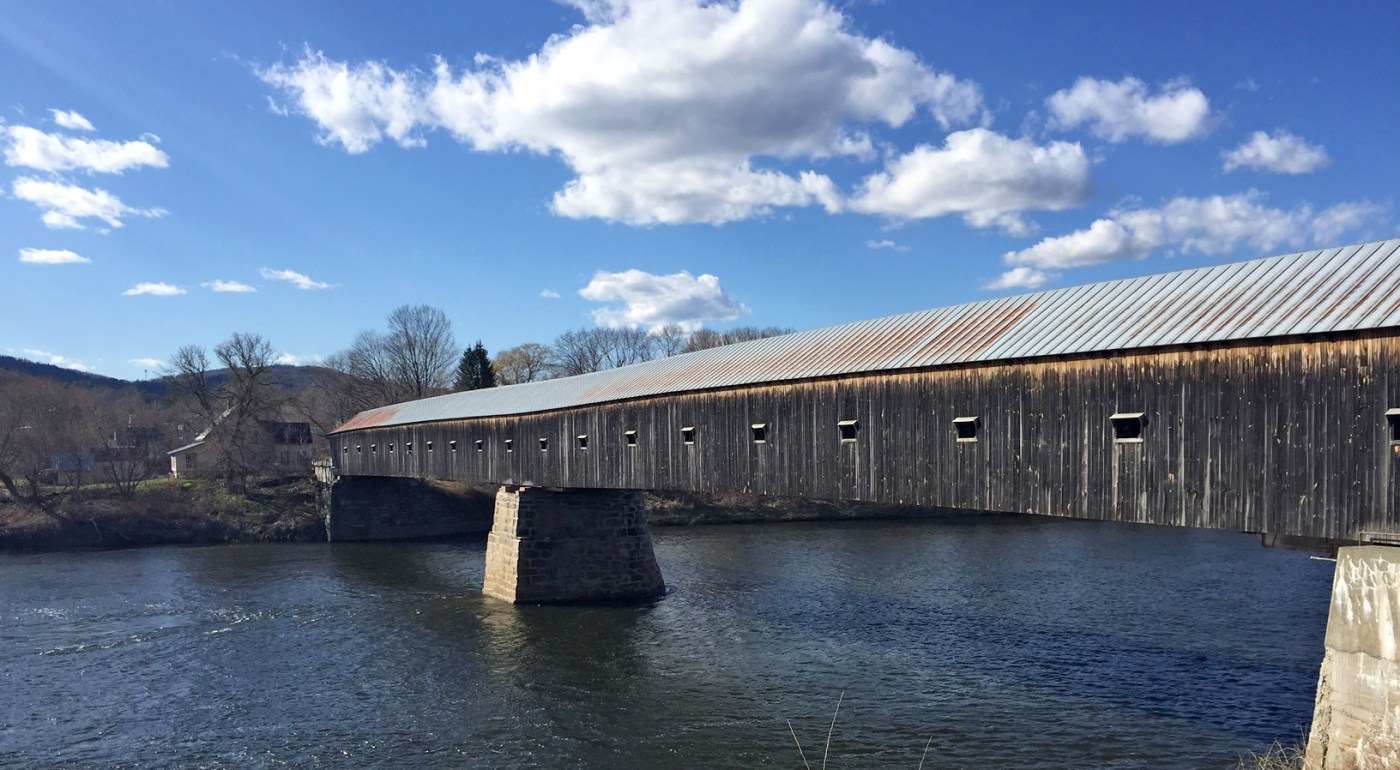Approximately a quarter of all Veterans in the United States live in rural areas. Air Force Veteran Bill Nelson is one of them. As the survivor of three heart attacks, he’s a big fan of one particular VA office and their telehealth program.
The job of VA’s Office of Rural Health (ORH) is to increase access to care for the nearly three million Veterans living in rural communities who rely on VA for health care. As VA’s lead advocate for rural Veterans, ORH works to see that America’s Veterans thrive in rural communities.
Nelson benefits from ORH’s remote home-based delivery of cardiac rehabilitation which uses telehealth to eliminate the need for rural Veterans to travel multiple times a week to a rehabilitation facility. It lets Veterans tailor the location and schedule of their rehab session from their home.
Nelson (pictured above) spent a few of his years as a military policeman guarding nuclear aircraft and weapons in North Dakota and New York. His tour at Phan Rang Air Base in Vietnam included perimeter security.
In addition to his exposure to Agent Orange in Vietnam, he had a separated shoulder surgically repaired in Okinawa. He is 100 percent disabled due to his service-connected injuries.
Nelson suffered his first heart attack in 1999 which required having stents implanted. He joined VA for healthcare after retirement in 2014. His second heart attack occurred in 2008 which required having more stints implanted. His had his third heart attack in 2018 and had even more stints implanted.
Today, ORH enables Veteran patients like Nelson to first meet in-person with a specialist to safely learn rehabilitation exercises, with subsequent sessions conducted at home.
Regularly scheduled phone calls with the rehabilitation specialist are used to review risk factors, such as smoking cessation and proper nutrition. Other discussions include exercise, medication adherence, and stress management.
“Telehealth is a game-changer for rural Veterans,” said Dr. Thomas Klobucar, ORH Executive Director. “It breaks through the barriers of cost, time, and distance. Bringing rehabilitation services to the Veteran’s living room can connect patients with the care they might otherwise struggle to receive.”
Nelson gets all his routine medical and Dental Care from VA and says, “I think it is excellent and very professional. I trust my primary caregiver and have never had any issue with their service.”
Nelson and Bonnie, his wife of 51 years, live in Maple Grove, Minnesota, where he spends his retirement days building scale model aircraft and fishing at his summer place. They are the proud parents of their three sons, Steven, Christopher and Scott.
You grandparents will appreciate that his favorite sports teams are his granddaughters’ college volleyball team and his grandsons’ hockey team.
Topics in this story
More Stories
The Medical Foster Home program offers Veterans an alternative to nursing homes.
Watch the Under Secretary for Health and a panel of experts discuss VA Health Connect tele-emergency care.
The 2024 National Veteran Suicide Prevention Annual Report provides the foundation for VA’s suicide prevention programs and initiatives.








How does a veteran sign up for rural health? I don’t see an actual link on who to contact or how to sign up
I love the idea that you have this for the VT. My husband was in the Air Force to and he is 100% now for only 10 years. I would like to know what happens to the wife or husband that take care of our men? The woman and men that take care of our service people. I need help sometimes to understand my husband . The VA hospital had a group before but got rid of us because there isn’t enough psychologist to hear us cope. Can help me.
I too have had two heart attacks and stents.My main question is there a way not to have to drive 140 miles round trip several times a month to see my Nephrologist in Abilene,Texas.I am on Home Perontonial Dialysis.
Telehealth does not work for all Vietnam vets. It sure didn’t work for me. The clinic took the pictures of a rash on both my forearms and sent them to the Dermatology department. The Dermatology department’s response was to send me a skin cream that didn’t work. I told them it didn’t work. They sent me another. Nothing they sent worked. Both arms were getting worse. My primary care doctor would not give me a referral to the Dermatology department. Finally after 5 different creams all failed I went to a private Dermatologist (at my expense). She did a complete examination and diagnosed my condition as actinic keratosis. She said a doctor cannot make that diagnosis from a picture. She successfully treated this potentially cancerous condition by removing it with liquid nitrogen. That was a year ago. Today, I am free form this condition. If I had depended on Telehealth it is likely I would have had skin cancer by now. The VA can keep their Telehealth, I will always demand to see a live doctor.